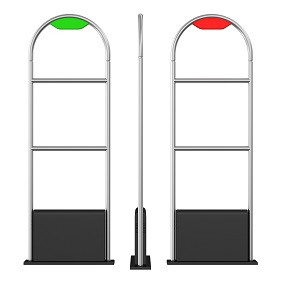Supreme Court Holds Anti-Theft Screening Non-Compensable Under FLSA

An employer’s anti-theft security screenings of employees are not compensable under the FLSA.
On December 9, 2014, the Supreme Court ruled unanimously in Integrity Staffing Solutions v. Busk, 134 S.Ct. 1490, 188 L. Ed. 2d 374 (2014), that workers do not have to be paid overtime for time their employer required them to spend at the end of their shifts to go through anti-theft screenings, rejecting the plaintiffs’ assertion that they were entitled to be paid under the Fair Labor Standards Act and Nevada law. In a case brought by employees of a staffing agency that provided warehouse workers to Amazon, the Court reversed a contrary decision by the Ninth Circuit.
Employee groups saw this case as one which could have brought security and theft detection screenings into the realm of compensable time. A favorable ruling would have affected millions of workers, as such screenings are becoming increasingly common in the nation’s workplaces. The Obama Administration supported the company’s position which was consistent with Department of Labor regulations and rulings and the other Circuit Courts of Appeal, which had considered the issue.
Unfortunately for the plaintiffs’ case, the Fair Labor Standards Act has an exception to coverage, enacted in the Portal-to-Portal Act of 1947, which provides that activities that are “preliminary or postliminary” to a worker’s principal tasks are not compensable. The unanimous Court found easily that the anti-theft screenings at the end of each shift fell within this exception. Employers who use these screenings have been given a green light to continue without fear of FLSA liability.
In a brief opinion authored by Justice Clarence Thomas, the Court concluded that an activity “must be integral and indispensable to the principal activities that an employee is employed to perform - and thus compensable under the FLSA - if it is an intrinsic element of those activities and one with which the employee cannot dispense if he is to perform his principal activities.” The Court then ruled that the time the employees spent on the anti-theft screening did “not meet the criteria.” In the Court’s view, the company “did not employ its workers to undergo security screenings, but to retrieve products from warehouse shelves and package those products for shipment to Amazon customers.”
